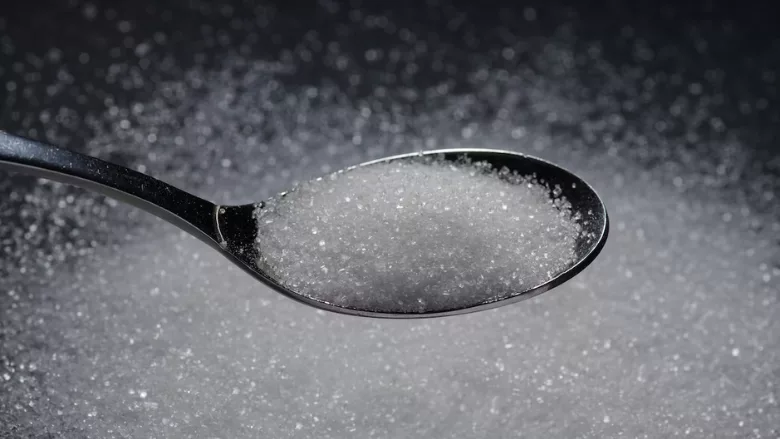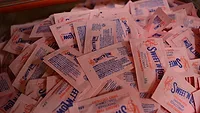EFSA Lowers Acceptable Daily Intake for Sweetener Erythritol, Which Most People Exceed

Image credit: Immo Wegmann via Unsplash
After reassessing the food safety of erythritol, a sugar alcohol that is commonly used as a zero-calorie sweetener, the European Food Safety Authority (EFSA) has lowered the acceptable daily intake (ADI) for the additive to 0.5 grams per kilogram of bodyweight (g/kg BW) per day. The agency reports that, in all groups of people across the EU population included in the assessment, both acute and chronic exposure to erythritol is above the newly set ADI.
The ADI of 0.5 g/kg BW was set as protection from the immediate laxative effect of erythritol but also from any potential adverse long-term effects, secondary to diarrhea, such as electrolyte imbalance.
EFSA also found that, although the manufacturing process for the sweetener is safe, the only impurity found in erythritol produced using the evaluated manufacturing process was lead. Therefore, EFSA recommends lowering the limit for the maximum presence of lead in erythritol, which is currently 0.5 milligrams (mg)/kg, to reduce consumer lead consumption from the food additive.
Specifically, EFSA evaluated the production of erythritol non-genetically modified Moniliella pollinis strain BC and Moniliella megachiliensis strain KW3-6, and recommends amending EU specifications for erythritol to permit the use of the microorganisms in its production. However, erythritol does not need microbiological criteria in EU specifications because it is unlikely to be contaminated with microorganisms.
EFSA determined that, based on available evidence, erythritol is not genotoxic, nor is there evidence of a connection between consuming foods containing the sweetener and an increased risk of cardiovascular diseases and related risk factors. However, EFSA calls for further research to clarify the nature of the association between erythritol and cardiovascular diseases found in some observational studies. There is also limited but consistent evidence, although no long-term studies, that erythritol does not affect blood sugar levels in humans. Also, erythritol's chemical properties make it generally stable in food at different temperatures and acidity. In general, EFSA recommends that the EC consider requesting more detailed data on how much erythritol is present in food to improve the exposure assessment.
The EU Scientific Committee on Food (SCF) first assessed the safety of erythritol in 2003, and EFSA issued other erythritol-related advice in 2010, 2013, and 2015. As part of its ongoing safety review in which EFSA is reassessing the safety of all food additives that were approved for use before January 20, 2009, erythritol as a food additive (E 968) was evaluated, among other sweeteners. The European Commission also requested that EFSA consider exempting erythritol from the laxative warning label requirement for foods with more than 10 percent added sugar alcohols, as established by EU Regulation 1169/2011.
In addition to setting the new ADI, EFSA determined that the warning label stating “excessive consumption may produce laxative effects” on products containing erythritol is still valid. The lowest no observed adverse effect level (NOAEL) of erythritol that did not cause diarrhea in human studies was 0.5 g/kg BW.
Looking for quick answers on food safety topics?
Try Ask FSM, our new smart AI search tool.
Ask FSM →









